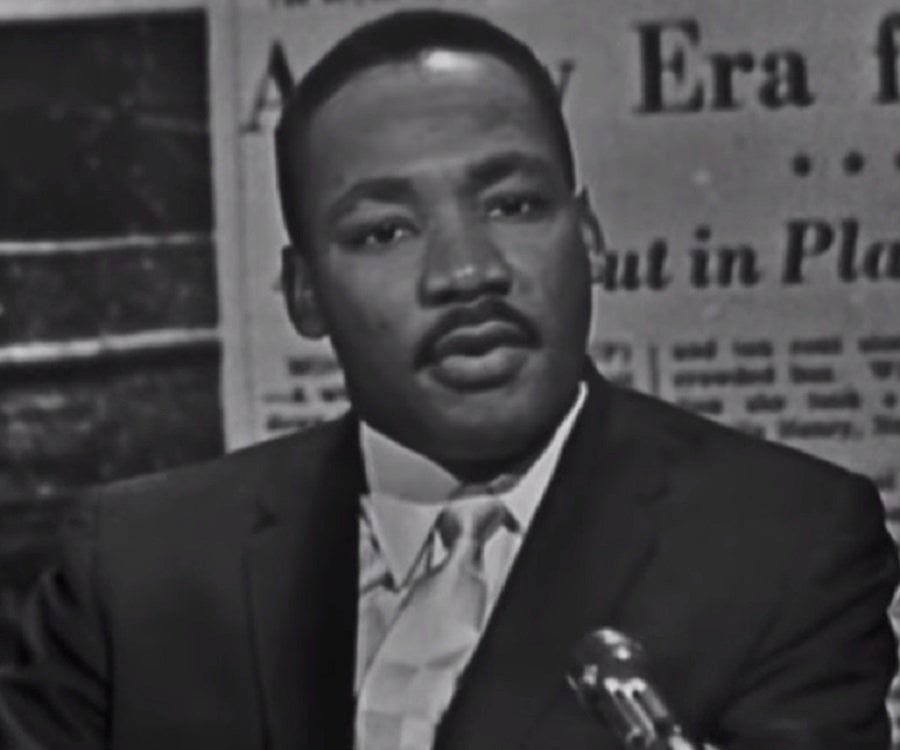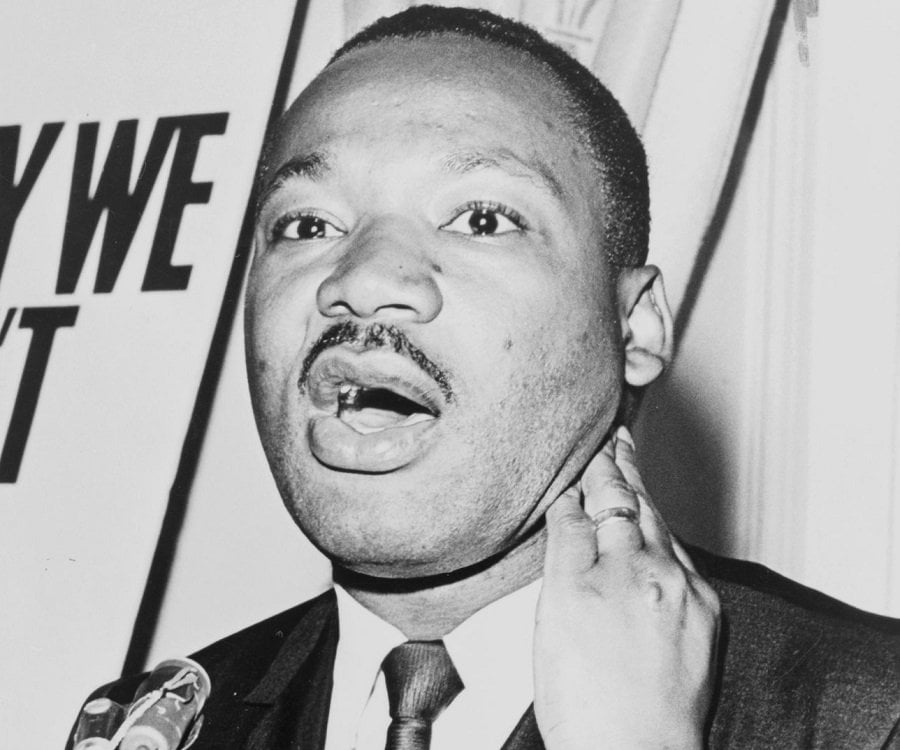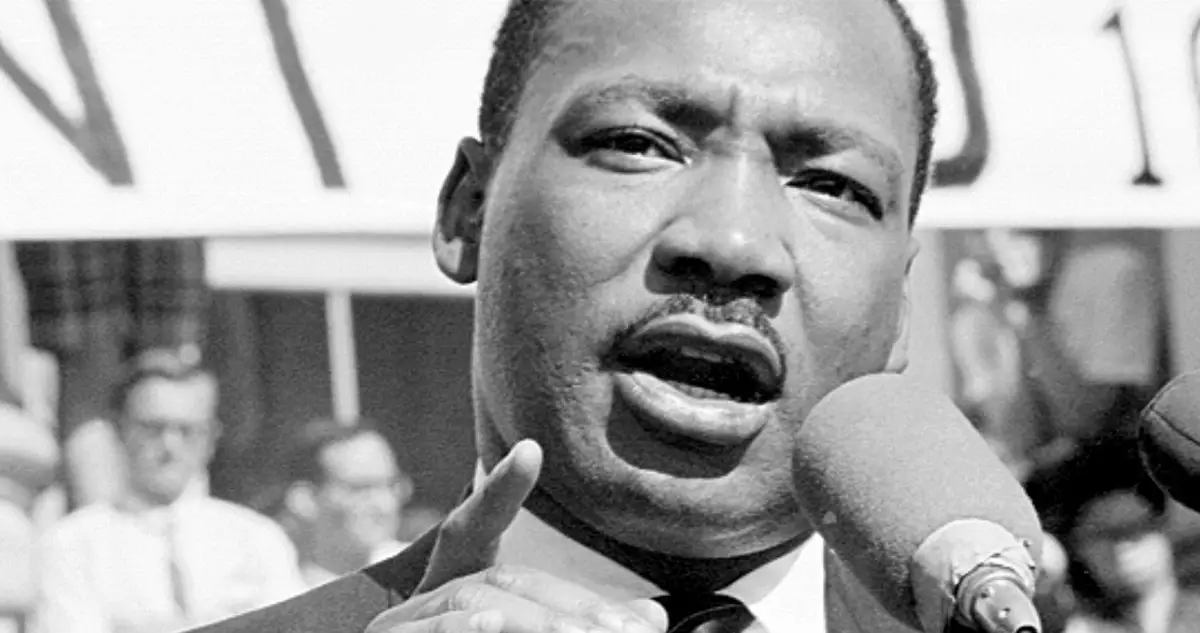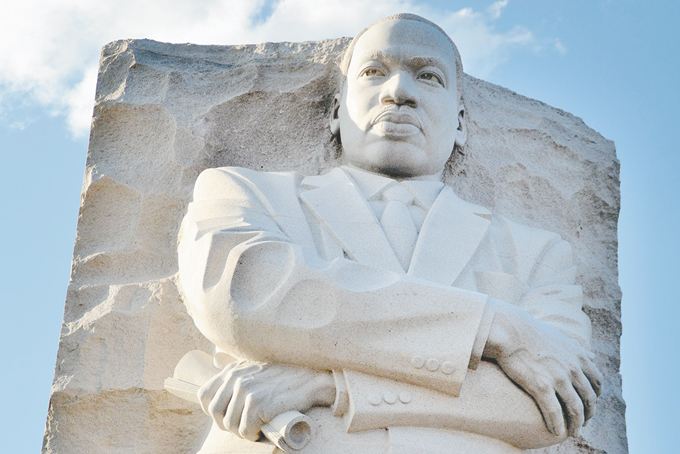Gallery
Photos from events, contest for the best costume, videos from master classes.
 |  |
 |  |
 |  |
 |  |
 |  |
 |  |
List of major achievements by Martin Luther King, Jr. Inspired by the belief that peaceful protest could eliminate social injustice, he led the American civil rights movement of the mid-1950s and ’60s. Martin Luther King Jr. emerged as a prominent leader in the American Civil Rights Movement during the 1950s and 1960s. His leadership was characterized by his unwavering commitment to nonviolent protest, which he believed was the most effective way to bring about lasting social change. Learn about the seven major achievements of Martin Luther King Jr., the influential African-American leader of the civil rights movement. He fought for racial equality and justice through peaceful protests, speeches, and campaigns. Martin Luther King, Jr., is known for his contributions to the in the 1960s. His most famous work is his “ I Have a Dream ” speech, delivered in 1963, in which he spoke of his dream of a United States that is void of segregation and racism. Learn about the life and legacy of Martin Luther King Jr., a prominent leader of the civil rights movement in the United States. He won the Nobel Peace Prize, delivered the "I Have a Dream" speech, and was assassinated in 1968. Martin Luther King Jr. was a Baptist minister and civil rights activist who had a seismic impact on race relations in the United States, beginning in the mid-1950s. Among his many efforts, King Learn about the life and achievements of Martin Luther King Jr., a social activist and Baptist minister who led the American civil rights movement through nonviolent protest. Explore his role in the Montgomery Bus Boycott, the March on Washington, the Nobel Peace Prize and more. During the less than 13 years of Dr. Martin Luther King, Jr.’s leadership of the modern American Civil Rights Movement, from December 1955 until April 4, 1968, African Americans achieved more genuine progress toward racial equality in America than the previous 350 years had produced. Dr. The legacy of Dr. Martin Luther King Jr. encompasses influential decisions, monumental actions and steadfast progressions of humanitarian rights that reach far beyond the civil rights movement. Martin Luther King Jr. dedicated his life to the nonviolent struggle for civil rights in the United States. King's leadership played a pivotal role in ending entrenched segregation for The King family — Martin Luther King, Sr. (Daddy King), Alberta Williams King, Willie Christine King, Martin Luther King, Jr., and Alfred Daniel Williams King (known as A. D. King) — moves from 501 Auburn Avenue to 193 Boulevard in Atlanta. 1944: 20 September: King begins his freshman year at Morehouse College in Atlanta. 1946: 6 August M artin Luther King, Jr., (January 15, 1929-April 4, 1968) was born Michael Luther King, Jr., but later had his name changed to Martin. His grandfather began the family’s long tenure as pastors of the Ebenezer Baptist Church in Atlanta, serving from 1914 to 1931; his father has served from then until the present, and from 1960 until his death Martin Luther acted as co-pastor. The legacy of Dr. Martin Luther King Jr. encompasses influential decisions, monumental actions and steadfast progressions of humanitarian rights that reach far beyond the civil rights movement. A leader of all people, Dr. King never chose fear, but always chose courage and determination when fighting for civil rights in the face of oppression Martin Luther King, Jr. - Civil Rights, Nonviolence, Equality: In the years after his death, King remained the most widely known African American leader of his era. His stature as a major historical figure was confirmed by the successful campaign to establish a national holiday in his honor in the United States and by the building of a King memorial on the Mall in Washington, D.C., near the Interesting Facts about Martin Luther King, Jr. King was the youngest person to be awarded the Nobel Peace Prize in 1964. Martin Luther King, Jr. Day is a national holiday. At the Atlanta premier of the movie Gone with the Wind, Martin sang with his church choir. There are over 730 streets in the United States named after Martin Luther King, Jr. Timeline of significant events related to Martin Luther King, Jr., who led the civil rights movement in the United States from the mid-1950s until his death in 1968. His leadership was fundamental to that movement’s success in ending the legal segregation of Blacks in the South and other parts of the United States. Minister and social activist Martin Luther King, Jr., was the preeminent leader of the American civil rights movement from the mid-1950s until his assassination in 1968. His guidance was fundamental to the movement’s success in ending the legal segregation of Black Americans in the South and other In 1983, Congress cemented King's legacy as an American icon by declaring the third Monday of every January Martin Luther King, Jr. Day. "The arc of the moral universe is long, but it bends toward justice." — Martin Luther King, Jr. King was honored with dozens of awards and honorary degrees for his achievement throughout his life and Martin Luther King dreamt that all inhabitants of the United States would be judged by their personal qualities and not by the color of their skin. In April 1968 he was murdered by a white racist. Four years earlier, he had received the Peace Prize for his nonviolent campaign against racism. King adhered to Gandhi's philosophy of nonviolence. Martin Luther King, Jr., made history, but he was also transformed by his deep family roots in the African-American Baptist church, his formative experiences in his hometown of Atlanta, his theological studies, his varied models of religious and political leadership, and his extensive network of contacts in the peace and social justice movements of his time.
Articles and news, personal stories, interviews with experts.
Photos from events, contest for the best costume, videos from master classes.
 |  |
 |  |
 |  |
 |  |
 |  |
 |  |